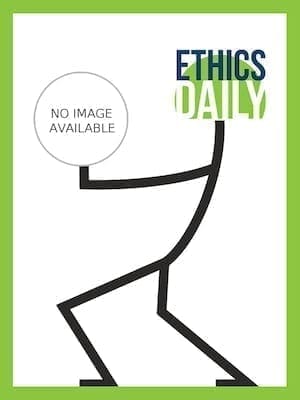The NCAA Executive Committee declined to ban alcohol advertising for sporting events, ignoring letters signed by coaches, presidents and athletics directors who said advertising beer is inconsistent with the NCAA’s policy banning advertising for hard liquor and not in the best interest of college sports or higher education.
Committee chairman Michael Adams called the NCAA’s alcohol policy a “very conservative position.” It prohibits the sale of alcoholic beverages at sporting events but allows up to one minute per hour of advertising for beverages less than 6 percent alcohol by volume, mainly beer.
“We want to continue to be very conservative, although we do not think a total prohibition of advertising in that area is appropriate,” said Adams, president of the University of Georgia. “We tried that one time in this country, and it didn’t seem to work well.”
Head football coaches including Florida State’s Bobby Bowden, Ohio State’s Jim Tressel, Stanford’s Jim Harbaugh and the University of Illinois’ Ron Zook and University of Memphis head basketball coach John Calipari signed a letter Aug. 4 saying marketing beer to college students “distorts the best values of college sports.”
“Alcohol and college sports are a bad mix,” the coaches said. “Alcohol-related problems often convene prominently in college sports–particularly football and basketball. Thus, we find it ironic that college sports have become such an important venue for marketing beer. Beer promotion during college sports telecasts undermines the best interests of higher education and compromises the efforts of colleges and others to combat sometimes-epidemic levels of alcohol problems on many campuses today.”
Athletics directors from schools including Averett, Baylor, Belmont, Campbell, Chowan, Dallas Baptist, East Texas Baptist, Gardner-Webb, Mercer, Ouachita Baptist, Southwest Baptist, Mary Hardin-Baylor and Wingate universities signed a similar letter calling for review of the alcohol policy.
“As athletic directors, we are all too familiar with the problems caused by underage and excessive drinking on college campuses,” the ADs said. “Almost one-half of college students nationwide fit the definition of ‘binge’ drinkers, with college athletes tending to drink at even higher rates.”
“Student athletes competing in NCAA sporting events should not be associated with the very product that causes them the most harm and is not in their best interests,” the athletics directors said. “The use of college sports to market beer to millions of college students and other underage fans distorts the values of college sports and the NCAA.”
Athletics directors from other Baptist-related schools signing the letter included Franklin College, which is affiliated with American Baptist Churches in the U.S.A.; Louisiana College and Meredith College.
Division I college presidents also wrote a letter of concern about the “contradictory practice of beer advertising during college sports telecasts.”
The Center for Science in the Public Interest, which advocates for nutrition and health, food safety, alcohol policy and sound science, said the NCAA’s advertising policy is flawed and that alcohol ads don’t belong in college sports.
“The NCAA continues to put profit over principle by continuing to embrace advertising for beer–the number-one cause of alcohol problems–during its popular sports telecasts,” said George Hacker, CSPI’s director of alcohol policies. “In contrast, the NCAA rejects advertising for distilled spirits, most wine, sports wagering, gambling, nightclubs, firearms and weapons, and NC-17-rated motion pictures, among others.”
“The NCAA’s rationale for keeping beer ads in its basketball championship and other telecasts comes right out of the beer industry’s playbook,” Hacker said. “It reveals an organization with its head firmly stuck in its wallet.”
Bob Allen is managing editor of EthicsDaily.com.

